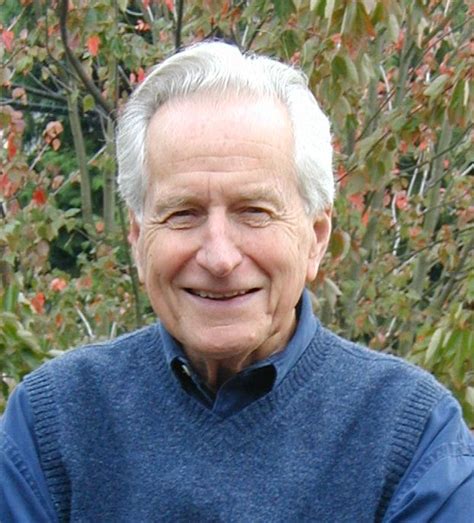A Quote by Albert Bandura
Self-efficacy is the belief in one's capabilities to organize and execute the sources of action required to manage prospective situations.
Quote Topics
Related Quotes
Behavior must also be adequately assessed under appropriate circumstances. Ill-defined global measures of perceived self-efficacy or defective assessments of performance will yield discordances. Disparities will also arise when efficacy is judged for performances in actual situations but performance is measured in simulated situations that are easier to deal with than the actualities
Convictions that outcomes are determined by one's own actions can be either demoralizing or heartening, depending on the level of self-judged efficacy. People who regard outcomes as personally determined, but who lack the requisite skills, would experience low self-efficacy and view the activities with a sense of futility
People are much more likely to act on their self-percepts of efficacy inferred from many sources of information rather than rely primarily on visceral cues. This is not surprising because self knowledge based on information about one's coping skills, past accomplishments, and social comparison is considerably more indicative of capability than the indefinite stirrings of the viscera
Perceived self-efficacy also shapes causal thinking. In seeking solutions to difficult problems, those who perceived themselves as highly efficacious are inclined to attribute their failures to insufficient effort, whereas those of comparable skills but lower perceived self-efficacy ascribe their failures to deficient ability

























